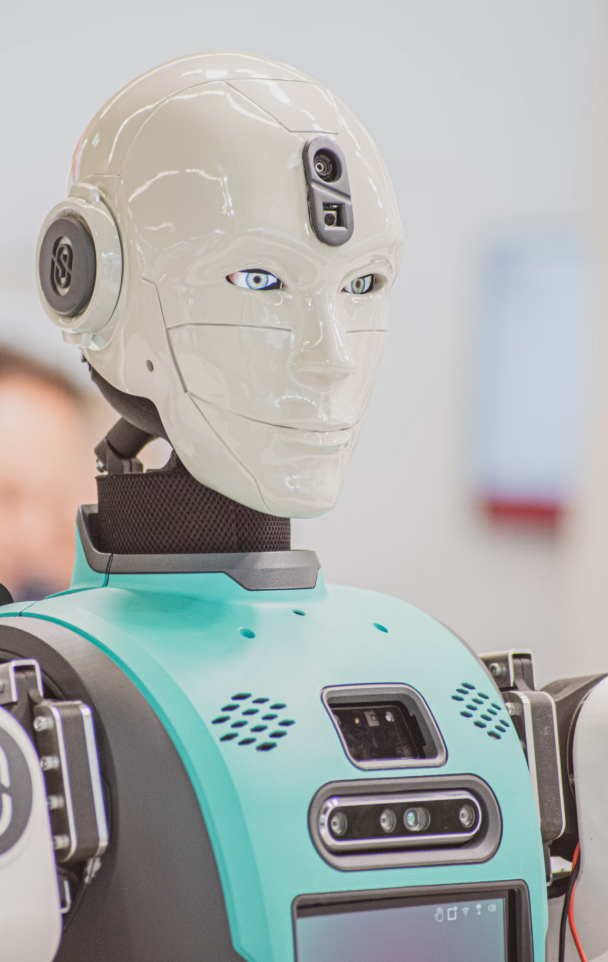Does the United Nations use AI-driven screening systems for applications? How does the UN's application screening process work?
Does the United Nations use AI-driven screening systems for applications? How does the UN's application screening process work?
Yes, the United Nations (UN) system does use automated screening systems for applications, but it is not fully AI-driven like some corporate hiring processes. Instead, the UN uses a combination of automated screening and manual review.
🔍 How does the UN's application screening process work
Automated initial acreening (keyword & eligibility check)
The Inspira system (used by UN Secretariat) and other agency-specific platforms (UNDP, UNICEF, UNHCR, WFP, WHO, etc.) perform an initial automated screening.
The system checks if the application meets basic eligibility criteria (e.g., education level, years of experience, language proficiency).
Some agencies use automated keyword matching to filter applications based on key competencies and experience.
📌 Tip: Ensure your application includes keywords from the job description to increase chances to pass this automated phase.
📌 Tip: Some automated filters do not assess soft skills or leadership experience, we therefore recommend you focus on clearly demonstrating UN core values and competencies (integrity, professionalism, respect for diversity) in your cover letter and application.
🔍Manual screening by HR & hiring managers
Applications that pass the initial automated filter are reviewed by HR officers or a recruitment panel.
They assess your personal history form (PHP) / CV, cover letter, and experience to determine if you qualify.
This is where tailoring your application to highlight relevant UN related skills and competencies matters the most. Tailoring your applications to the very specific vacant role you apply for is key!
📌 Tip: The UN places high value on clearly structured applications using e.g. STAR method (Situation, Task, Action, Result) in describing your experience; please make sure there are no spelling or grammar mistakes in your documents.
🔍 Longlisting & shortlisting process
After HR review, qualified candidates may get longlisted and then shortlisted by hiring managers.
Shortlisted candidates are invited for written tests, competency-based interviews, or further assessments.
Common pitfalls in UN automated screening
❌ Generic applications get filtered out – If you don’t match key skills in the job description, your application may not pass the first round.
❌ Overqualified candidates may be rejected – Some roles have strict eligibility filters, and being overqualified can lead to auto-rejection.
❌ Lack of relevant keywords – If you don’t use UN-specific terminology ("capacity building," "policy analysis," "multilateral diplomacy"), your experience may not be recognized by the system.
Want to learn more on how to spot relevant skills and competencies in a U.N. system vacancy or the best method to convey your skills in a cover letter? Get in touch with one of our UN insiders or download UCC’s 45min cover letter webinar with tips and advice from U.N. insiders!

